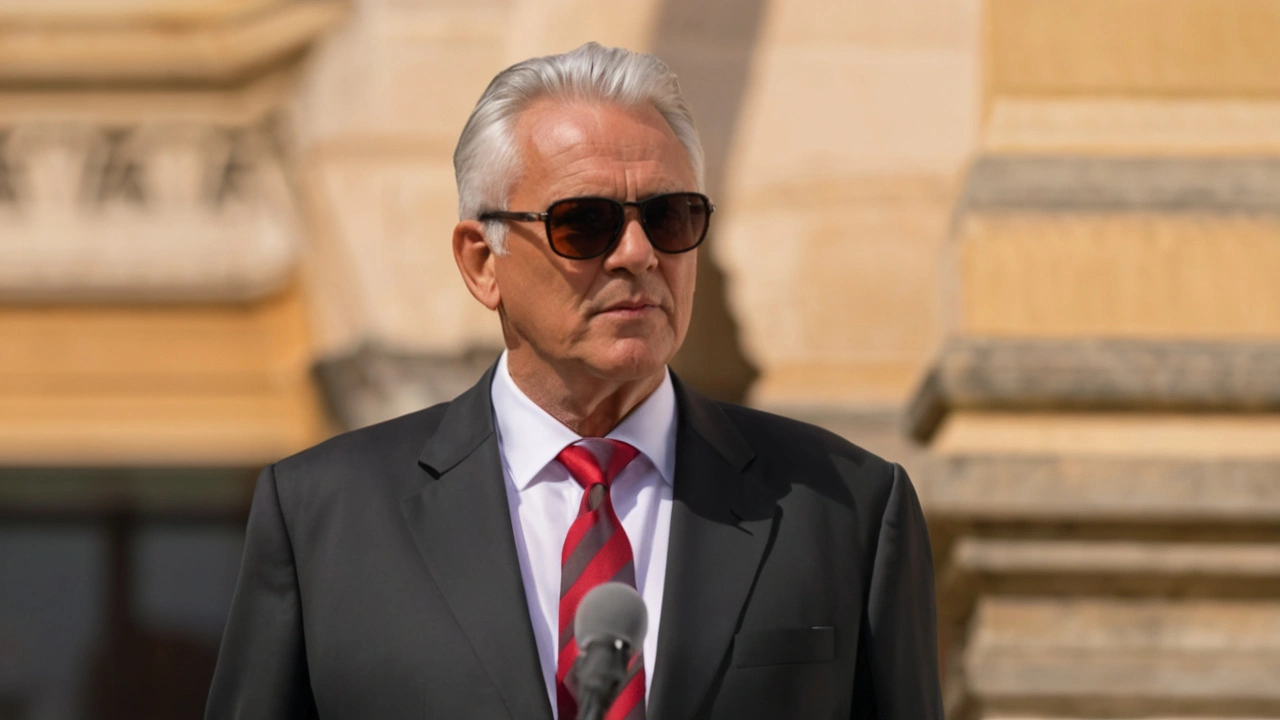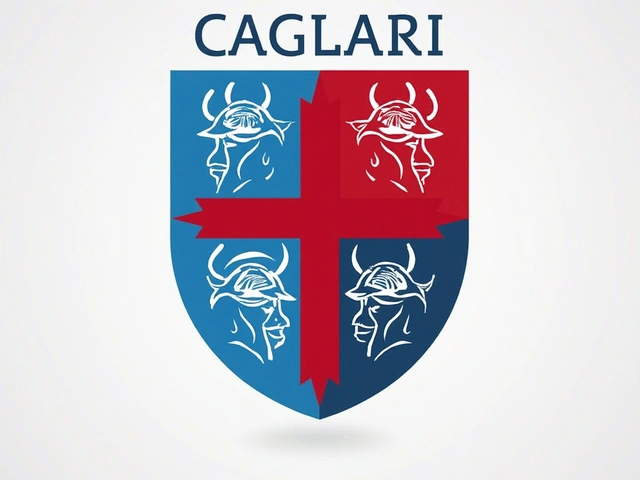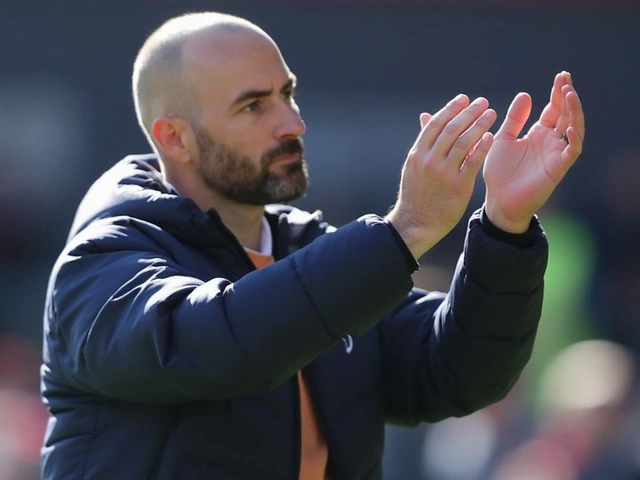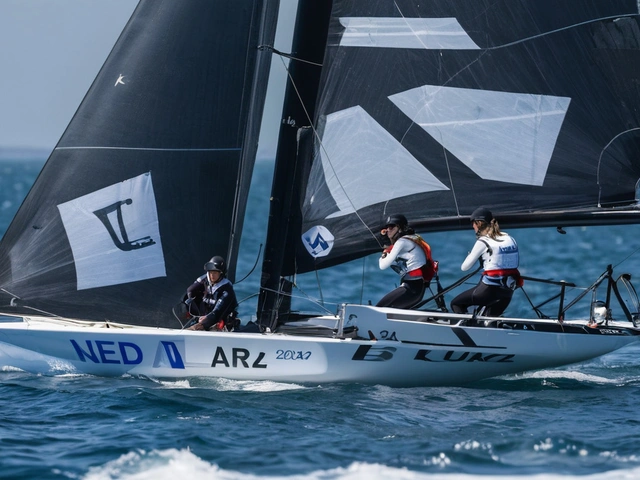Aliko Dangote Pauses Steel Plant Investment Over Monopoly Fears
Aliko Dangote, Africa's richest man, has put a halt to his planned investment in a new steel plant in Nigeria due to concerns about potential monopoly accusations. This major decision comes on the cusp of the highly anticipated launch of his large-scale oil refinery in Lagos, a project that has captured the attention of industry watchers globally.
Dangote, known for his investments in various sectors such as cement, sugar, and now oil, shared that the choice was not easy but necessary. He mentioned that the board of his conglomerate debated extensively before concluding that expanding into the steel industry might attract monopoly labels. Such labels could prompt increased imports, contrary to the company's goal of bolstering local industries and reducing dependency on foreign goods.
Economic Implications for Nigeria
Nigeria, despite its significant natural resources and industrial potential, spends a staggering $4 billion annually on steel imports. This figure is surprising given that the country has around 74 steel plants and fabricators. Yet, these facilities are either underutilized or not functioning at their full potential due to various challenges, including inadequate infrastructure and inconsistent power supply.
Dangote's hesitation resonates with the broader issues within Nigeria's industrial sectors. The fear of being perceived as a monopolist in a country striving for economic independence can deter even the most seasoned investors. His call to action for other wealthy Nigerians underscores a pressing need for diversified investments to drive growth and create jobs. He emphasized that many affluent individuals in Nigeria have the financial capacity to significantly impact the steel industry and, by extension, the economy.
Calls for Local Investment
In his statement, Dangote pointed out that while he is financially capable, there are Nigerians with even more liquid assets who could step into the space he is currently withdrawing from. He encouraged these investors to view the steel industry not just as a profitable venture but as a means to contribute to the nation's economic resilience.
The steel industry is a backbone sector that supports various other industries, from construction to manufacturing. Local investment in steel could potentially reduce the import bill and stimulate economic activities across multiple sectors. The ripple effects would be widespread—from creating employment opportunities to fostering technological advancements.

Controversies Surrounding Dangote's Refinery
Interestingly, Dangote’s announcement comes against the backdrop of allegations by the Nigeria Midstream and Downstream Petroleum Regulatory Authority (NMDPRA). The agency claims that diesel produced at the Dangote refinery contains high sulphur content, exceeding permissible levels. Dangote, however, refutes these accusations, stating that his refinery adheres to African standards and that his diesel is 80% superior to current imports in terms of quality.
These allegations have stirred debates about regulatory standards and the enforcement thereof in Nigeria's petroleum sector. The timing of the controversy suggests either a coincidental concern for public health or a strategic move by competitors to tarnish the refinery's reputation just as it gears up for its grand opening.
Impact on Future Investments
The drama surrounding Dangote’s enterprises brings to light the multifaceted challenges faced by investors in Nigeria. Beyond the typical business risks, issues of regulatory scrutiny, public perception, and competitive rivalries must also be navigated strategically. Dangote's careful stance on the steel investment illuminates a larger narrative about sustainable business practices and ethical considerations in market dominance.
As Nigeria attempts to strengthen its economy through industrialization, the participation of private sector giants like Dangote remains crucial. Their investment decisions can significantly influence the direction of economic policies and the overall industrial landscape. While Dangote's refinery project is set to be a game-changer in the energy sector, the paused steel investment invites further reflection on how best to balance growth, competition, and public good.

Conclusion
The implications of Dangote’s pause on steel investment are vast, touching upon regulatory, economic, and social facets of Nigeria’s development. As the nation waits for the unveiling of his oil refinery, stakeholders across sectors will be keenly watching how his decisions pan out and what they signal for the future of large-scale industrial investments in Nigeria. Regardless of these challenges, Dangote remains a pivotal figure in Africa's business narrative, showing resilience and strategic foresight even in the face of complex market dynamics.










Write a comment